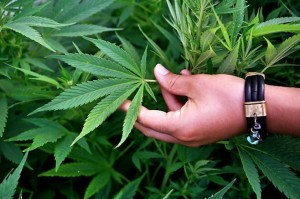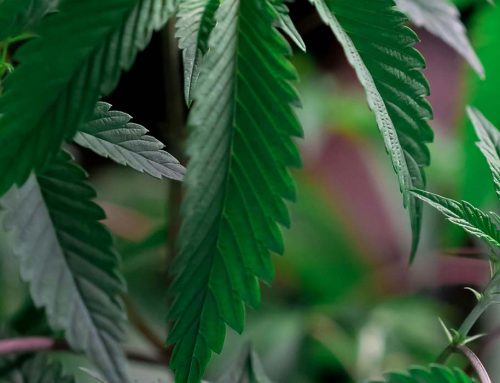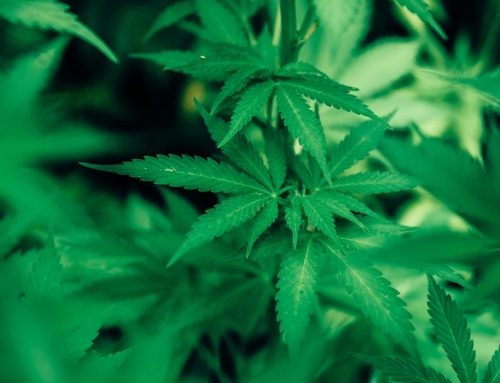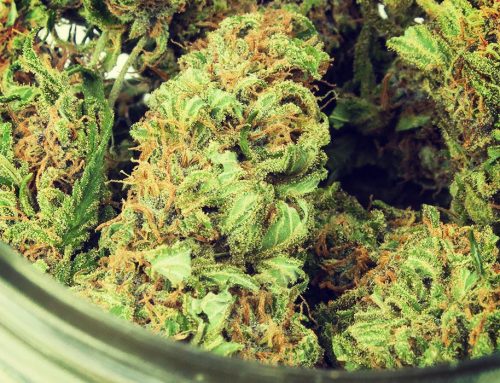New government data shows that most people who go to rehab for marijuana “addiction” are being sent there against their will.
 More than 50 percent of rehab admissions for cannabis involve a court order or other involuntary proceeding, according to the data from the U.S. Department of Health and Human Services. That’s far more than any other drug, including such deadly substances as alcohol and heroin.
More than 50 percent of rehab admissions for cannabis involve a court order or other involuntary proceeding, according to the data from the U.S. Department of Health and Human Services. That’s far more than any other drug, including such deadly substances as alcohol and heroin.
Why is this happening? The answer is surprisingly simple: The rehab industry needs the business. There is an enormous amount of money, public and private, tied up in the idea that any marijuana use constitutes an addiction and must be treated by the 12 steps.
Many judges, prosecutors, and even defense attorneys are beholden to this “community.” And major cannabis opponents point to the high number of marijuana admissions as proof of the drug’s danger and addictive tendencies.
Cannabis is less addictive than any other drug
Fortunately, there is literally no science that backs this point of view. Fewer people become addicted to cannabis than to any other drug, especially alcohol, heroin, and tobacco. The rate is roughly 9 percent for marijuana, versus more than 20 percent for heroin.
The new data included a survey of patients that found roughly 52 percent of patients who were at rehab centers in 2013 were sent there against their will, usually as a result of a criminal plea agreement. Over longer periods of time, just 20 percent of patients checked themselves in voluntarily. That figure is lower than for any other drug.
“Many cannabis consumers are being forced by cops, courts and corrections officers to undergo drug treatment that they themselves don’t feel they actually need,” reform advocate Tom Angell said in December.
Cannabis users forced to undergo drug treatment they don’t need
 Not only do we know marijuana is less addictive than other drugs, but most experts agree even a full-fledged addiction to weed is much less damaging than a similar addiction to alcohol or hard drugs. “Addicts” are defined as people who cannot stop compulsive behaviors despite the serious harm those behaviors cause. By that definition, there may not even be such a thing as a true cannabis addiction.
Not only do we know marijuana is less addictive than other drugs, but most experts agree even a full-fledged addiction to weed is much less damaging than a similar addiction to alcohol or hard drugs. “Addicts” are defined as people who cannot stop compulsive behaviors despite the serious harm those behaviors cause. By that definition, there may not even be such a thing as a true cannabis addiction.
“Being addicted to it is generally less impairing than being addicted to heroin [or] cocaine, so people have relatively less interest in attending treatment on their own,” Stanford University addiction specialist Keith Humphries told The Washington Post.
Cannabis dealers sent for treatment instead of jail
Humphries pointed out that cannabis dealers now frequently get “more merciful” treatment from the courts. These dealers are being sent to treatment in many cases where a meth dealer would be jailed.
This, too, is a poor solution to the problem of the black market. Most cannabis dealers are small-timers, college students trying to scrape together money for a ski trip or single dads with no other way to make a buck. Pushing them through the justice system can ruin their lives, and even a stint in rehab will do no one any good.
And Angell notes that the huge influx of marijuana “addicts” into treatment centers is probably making it harder for people addicted to real drugs to get the therapy they need. Waiting lists are common, and more than 15 percent of prospective patients are forced to wait more than a week – time during which many of them die.






